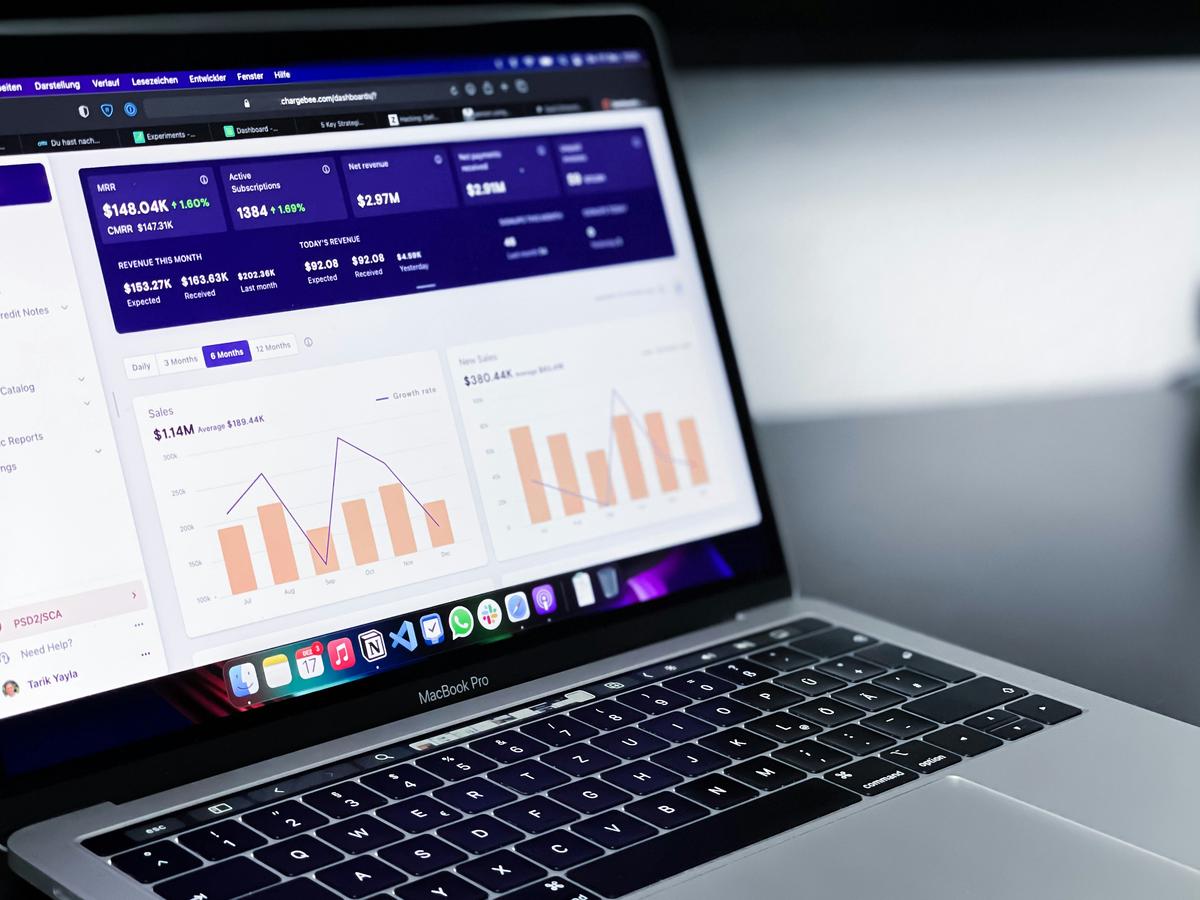Due Diligence
Selling a website requires thorough due diligence. Start by verifying ownership through a WHOIS history search. Keep financial records transparent, presenting historical earnings and projecting future possibilities. Use tools like Google Analytics to show traffic trends and user engagement.
Highlight risks involved, such as traffic dependency on a single platform. Evaluate assets comprehensively, including the website platform and its limitations. Inventory content and intellectual property, including copyrights and trademarks.
Discuss relevant contracts or agreements. Outline a post-sale transition plan, offering limited assistance to the buyer. Consider market trends and where your website fits in the long term.
Address these aspects precisely to pave a smoother path to a successful sale.

Optimizing SEO
Optimizing your website's SEO can increase its appeal to potential buyers. Focus on keyword optimization, conducting thorough research and deploying keywords naturally throughout your content. Regularly audit and fix broken links to improve user experience and maintain search engine rankings.
Ensure your website is mobile-friendly with a responsive design. Optimize page load speed by compressing images, leveraging browser caching, and minimizing code. Consider implementing schema markup to help search engines better understand your content.
Use HTTPS to secure your site, as search engines prioritize secure sites in their ranking algorithms. These SEO strategies can improve your site's appeal to both search engines and users, enhancing its long-term growth potential.

Traffic and Analytics
Showcase your website's traffic and analytics to capture buyer interest. Use Google Analytics to provide comprehensive data on key metrics such as unique visitors, page views, and session duration. Display visitor growth trends using visual aids like graphs or charts.
Highlight user engagement metrics, including:
- Bounce rates
- Average session durations
- Pages per session
Be prepared to explain any anomalies in your data. Provide a breakdown of primary traffic sources, detailing how much traffic comes from:
- Organic search
- Direct visits
- Social media
- Referral links
A thorough presentation of your website's traffic and analytics can significantly bolster its perceived value and appeal to potential buyers.

Photo by pathdigital on Unsplash
Legal Compliance
Ensuring legal compliance is crucial when selling a website. Adhere to regulations like GDPR and CCPA to protect user privacy and data. Audit your data collection practices and implement mechanisms to obtain explicit user consent.
Develop a comprehensive privacy policy outlining data handling procedures. Include information on third-party data processors. Implement an SSL certificate to enhance security and build trust with users and potential buyers.
Keep all agreements and contracts associated with the website up to date and transferable. This attention to legal details can enhance your site's marketability and offer potential buyers confidence in a smooth, compliant acquisition process.

By providing potential buyers with comprehensive insights into your site's performance, legal compliance, and future potential, you increase the likelihood of a successful transaction. This approach builds trust and enhances the appeal of your digital asset.
- General Data Protection Regulation (GDPR). European Union.
- California Consumer Privacy Act (CCPA). State of California.
